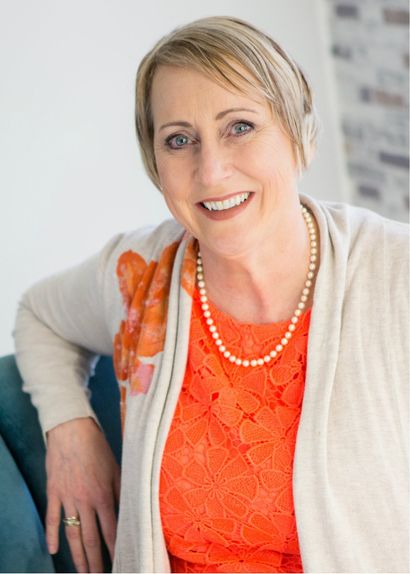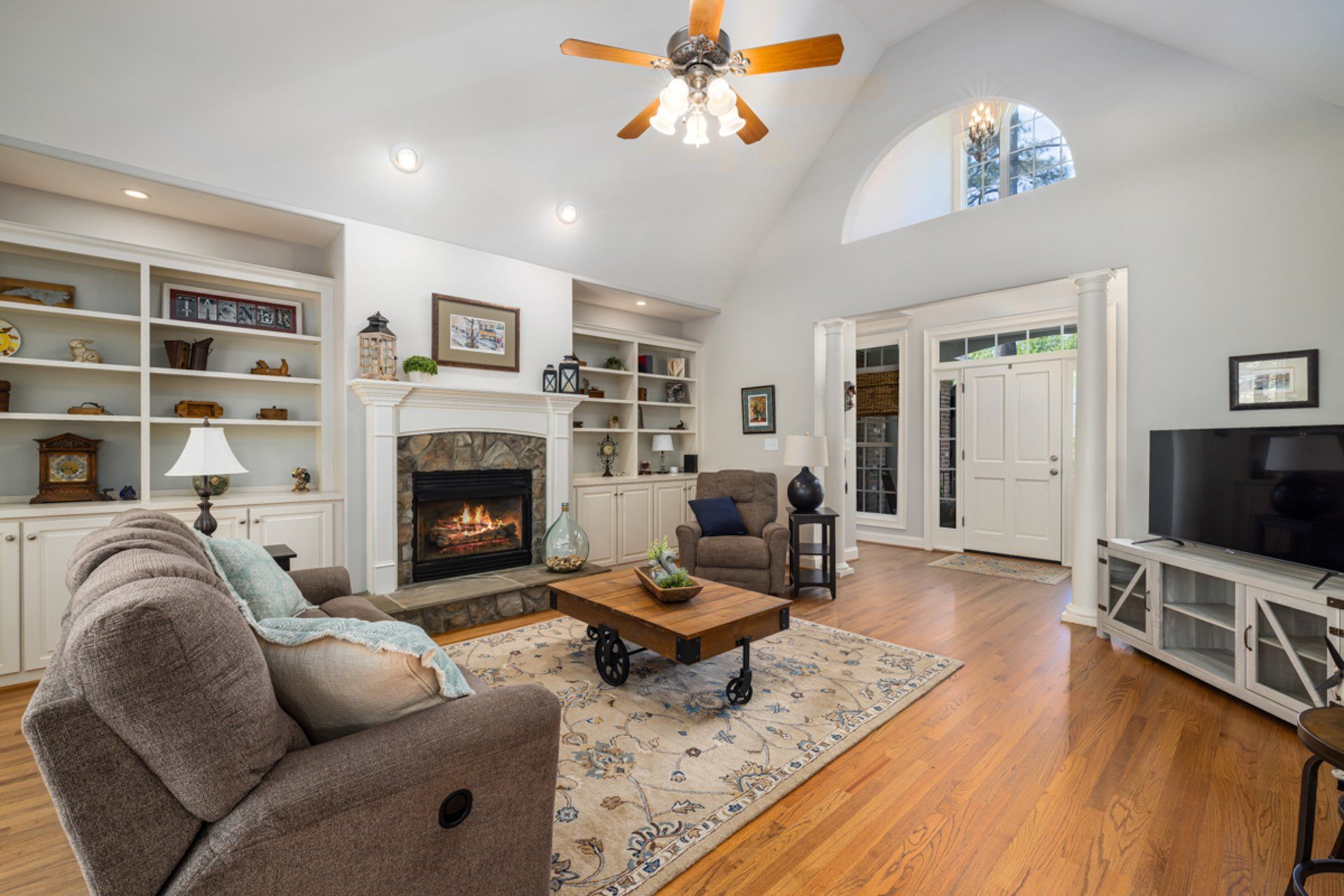CALL US TODAY · 778.835.8957
Ask Rita Cousins
Ask Rita Cousins
How do I finance my purchase? Rita has the answers!

Rita Cousins
Sr. Mortgage Broker Residential | Commercial
Rita and Rachel are a mother daughter mortgage expert team. They have been working in the financial industry for a combined total of over 40 years and have worked together in the industry for over 10 years.
Ask Your Question
Together Rita and Rachel have seen just about everything regarding interesting types of mortgage financing requests!
Rachel lives in Nanaimo and focuses on Vancouver Island while Rita lives in Langley and works all over the Mainland.

By Rita Cousins Senior Mortgage Advisor
•
June 20, 2023
Not all insurance products are created equal. One of the most common mistakes homeowners and potential homeowners make is that they hear the word “insurance” and just assume they have it! It is important to understand all the different insurance products to ensure you have proper coverage. To help you get a better understanding of the insurance, below are the four main insurance product options you will encounter and what they mean: Default Insurance This insurance is mandatory for homes where the buyer puts less than 20% down. In fact, default insurance is the reason that lenders accept lower down payments, such as 5% minimum, and actually helps these buyers access comparable interest rates typically offered with larger down payments. Default insurance typically requires a premium, which is based on the loan-to-value ratio (mortgage loan amount divided by the purchase price). This premium can be paid in a single lump sum, or it can be added to your mortgage and included in your monthly payments. In Canada, most homeowners know of the Canada Mortgage and Housing Corporation (CMHC), which is run by the federal government, and have used them in the past. But did you know? We also have two private companies, Sagen Financial and Canada Guaranty, who can also provide this insurance. Home (Property & Fire) Insurance Next, we have another mandatory insurance option, property and fire coverage (or, home insurance, as most people know it by). This is number two on our list as it MUST be in place before you close the mortgage! It is especially important to note that not all homes or properties are insurable, so you will want to review this sooner rather than later. In addition to protecting against fire damage, home insurance can also cover the contents of your home (depending on your policy). This is important for anyone looking at purchasing condos or town houses as the strata insurance typically protects the building itself and common areas, as well as your suit “as is”, but it will not account for your personal belongings or any upgrades you made. Be sure to cross- check your strata insurance policy and take out an individual one on your unit to cover the difference. One final thing to consider is that you may not be covered in the event of a flood or earthquake . You may need to purchase additional coverage to be protected from a natural disaster, depending on your location.

By Rita Cousins Senior Mortgage Advisor
•
May 17, 2023
This is an important moment of opportunity! The end of your mortgage term is nearing and you now have the power to choose what’s right for you without paying hefty penalties! Save Money Without Paying Penalties To Switch Lenders Now’s your time to access the best lender offering you the best rate without paying penalties to move because you are not breaking your mortgage term. Secure The Best Rate Register your renewal date with me and I will contact you 120 days prior so you can lock in your rate. Start Renovating or Investing It might be time to consider tapping into some home equity to consolidate debt, complete a renovation project or purchase a vacation property!

By Rita Cousins Senior Mortgage Advisor
•
February 21, 2023
A second mortgage is a mortgage that is taken out against a property that already has a home loan (mortgage) on it. Generally people take out second mortgages to satisfy short term cash or liquidity requirements, have an investment opportunity or to pay off higher interest debts (such as credit cards and student loans) that a second mortgage might offer. If you are considering a second mortgage for any reason, here are a few key points to keep in mind: Second Mortgages and Home Equity: Your second mortgage and what you can qualify for hinges on the equity that you have built up in your home. Second mortgages typically allow you to access up to a max of 80% of the home value; very few lenders will consider a second mortgage over 80% of the home value. For example, if you are seeking an 80% Loan-to-Value loan (“LTV”):

By Rita Cousins Senior Mortgage Advisor
•
November 15, 2022
Refinancing your mortgage refers to the process of renegotiating your current mortgage product for a variety of reasons. It could be that your mortgage term is up, the market has changed and there are more competitive rates available, or perhaps you are looking to consolidate debt.
Have A Question for Rita?
Thank you for contacting us.
We will get back to you as soon as possible.
We will get back to you as soon as possible.
Oops, there was an error sending your message.
Please try again later.
Please try again later.
Aldergrove | Brookswood | Campbell Valley
| Glen Valley | Fort Langley | Langley City | Murrayville | Otter District
| Salmon River | Walnut Grove | Willoughby Heights
© 2025
All Rights Reserved | Andy Schildhorn Personal Real Estate Corporation | Created by M.A.P | Powered by Conscious Commerce Corporation









